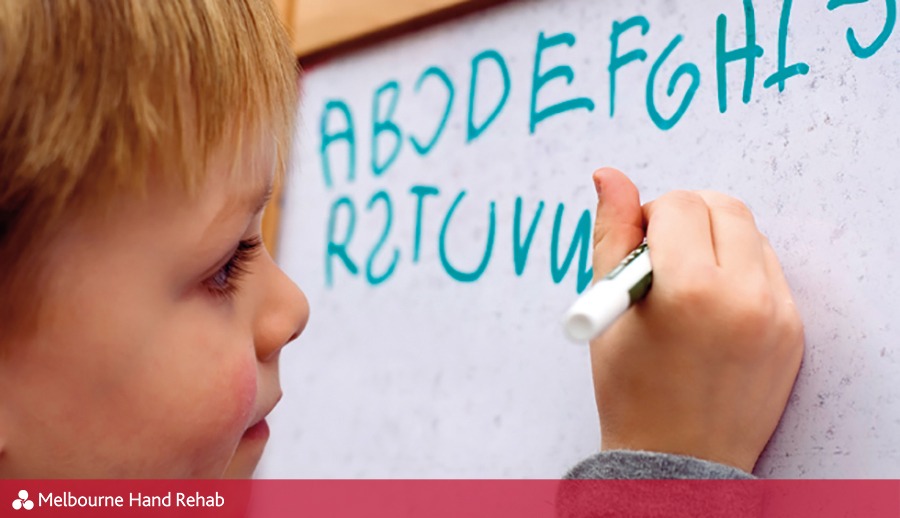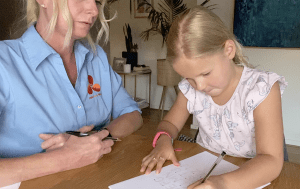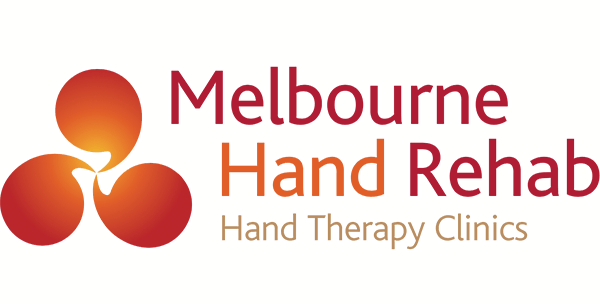
03 Feb Kids messy handwriting: when to get help
In the age of digital technology, does handwriting even matter any more?
Should you be concerned about your child’s messy handwriting? So much is done on keyboards these days, but handwriting is extremely important for brain development and success in reading and writing essays.
Handwriting is far more complex than keyboarding and develops greater motor and cognitive skills in your child.
Why is handwriting important?
- Good handwriting contributes to reading fluency because it strengthens the visual perception of letters.
- Legible writing that can be produced comfortably, at speed and with little conscious effort allows a child to attend to the higher-level aspects of writing- composition and content.
- Handwriting contributes to better writers. Children who have mastered it are better, more creative writers.
- Handwriting is also an overall predictor of success in other subjects, because good handwriting has a positive impact on grades.
When to get professional help
Messy handwriting in children is a common concern for parents and often starts in the early primary years. Parents wonder if it’s just normal at this stage and when it’s time to get some help.
There are two main stages that messy handwriting becomes a problem for a child: Early years and Senior Secondary.
- The first signs of messy handwriting start around grade 1 or 2. Your child’s teacher may mention it and you may also have your own concerns. A key developmental milestone for handwriting is the achievement of a tripod grip by the age of 6.
- The second group of kids we see are entering their senior years of secondary school, with exams looming and the requirement to write legibly for lengthy periods of time.
Assessment
Early years
There are many causes of messy handwriting. This will be determined during your initial assessment and advised as to whether hand therapy is right for your child.
Inability to hold a pencil with a tripod grip can lead to difficulties in the early years such as:
- messy and illegible writing
- letters being too large or too small
- hand pain with writing or drawing

Incorrect pencil grip is not the only problem though and there are many other factors causing incorrect letter formation, poor spacing and direction, with lots of kids writing a letter or two back to front.
If your child is experiencing these handwriting problems at the end of grade 1 or 2, a handwriting assessment is advised.
In our initial assessment, we look at legibility, letter formation, pen grip, speed of writing, fine motor skills, hand and core strength. The assessment also covers visual perception, posture and your child’s set up to write. There are a variety of standardised assessments we use for children this age such as the DASH, BEERY and Speeds Test.
Senior Secondary
Where handwriting difficulties continue into the later secondary years, concerns arise around exam time. It is more difficult to alter the pen grip and improve handwriting at this stage, although progress can be made.
We can administer the standardised test, DASH 17+ for this age group, to gauge eligibility for special consideration in exams. Writing speed and legibility can adversely affect VCE results.

How to change a habit?
- It takes around 13 weeks to get lasting change of a habit. Regular practice of the new habit is needed, for it to take over. Teenagers respond well to our online app to log their writing practice each day.
- We keep the younger kids motivated by having fun in the sessions, using stickers and stamps and providing their very own handwriting kit which also keeps everything together.
- Often the younger children can improve their handwriting in one or two school terms of regular visits. We reassess each child’s progress at the end of each school term.
If you think your child may need some handwriting help, don’t hesitate to get in touch. We’d love to help you.
For more information, call us directly on 03 9458 5166


